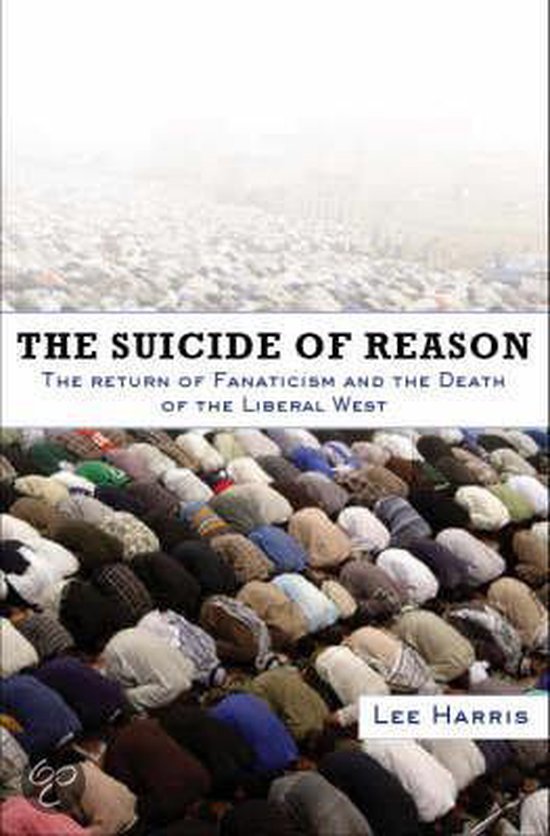
The Suicide Of Reason
This work offers a breathtakingly original look at fanaticism as a world historical force. Whether or not by choice, the West finds itself in a low-grade yet bitter war with Islamic fanaticism. It is a war, argues Lee Harris, that the West is singularly ill-equipped to fight and a foe that is resistant to any of our normal methods of conflict resolution such as negotiation, economic sanctions or conventional armed confrontation. As modern liberal societies whose political theories are born of the Enlightenment, we have grown unfamiliar with the nature of mass fanaticism, forgetting that it is a part of our own heritage that we have overcome only by deliberate effort. We are loathe to attribute mass fanaticism to another culture since we don't like to believe that intolerance may be a virtue to them just as tolerance is a virtue to us. Finally, we are so accustomed to thinking of history as an inevitable progress toward enlightenment and modernization that we are able to think of fanaticism only as a social pathology, a failure to modernize, rather than as what it is: a variety of social order that is not only fully viable in the modern world but that possesses weapons to which the West in uniquely vulnerable. A governing philosophy based on reason, tolerance, consensus and deliberation cannot defend itself against a strategy of ruthless violence and intimidation without being radically transformed. In The Suicide of Reason , Lee Harris argues that that transformation has already begun. Radical Islam, has already seized historical momentum from the West, while the West's position has become increasingly reactive and defensive. This original and thought-provoking book explains the logic of fanatical movements through history, from the Crusades through Nazism to Islam; describes how the Enlightenment overcame fanatical thinking in the West; shows why most Western attempts to address the problem of fanaticism are doomed to fail; and offers strategies by which liberal internationalism can defend itself without becoming a mirror of the tribal forces it is trying to defeat. An innovative and provocative book by an up-and-coming scholar, this book will appeal to reader of Samuel Huntington, Francis Fukuyama, Bernard Lewis and others, whilst taking their ideas a step further.
| Auteur | | Lee Harris |
| Taal | | Engels |
| Type | | Hardcover |
| Categorie | | Mens & Maatschappij |



